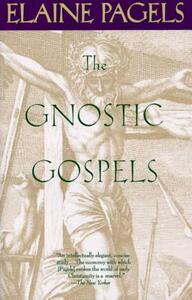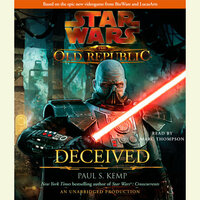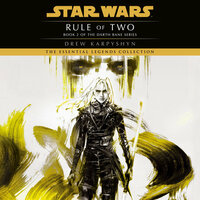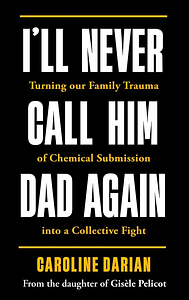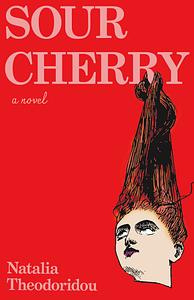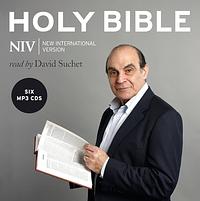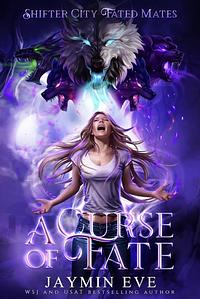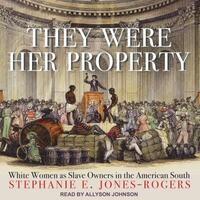Take a photo of a barcode or cover
bashsbooks's Reviews (266)
I also appreciate Pagel's thoughts on why gnosticism didn't quite catch on like orthodox Christianity, and I like that she's transparent about her attempts to be as neutral as possible. This isn't a book pushing you to convert to orthodox or gnostic Christianity; it's a book about understanding them relative to each other.
My only critique is that I wish it was longer. I'm not sure I have the ability to parse the denser and less beginner-friendly materials under the references.
Graphic: Religious bigotry
Moderate: Death, Misogyny, Torture
Graphic: Death, Domestic abuse, Genocide, Toxic relationship, Violence, Blood, Grief, Murder, Fire/Fire injury, Colonisation, War, Injury/Injury detail
Moderate: Ableism, Chronic illness
Minor: Slavery
The saving grace of this book was The Huntress, my beloved Darth Cognus. I love her and I would do anything for her. She would torture me for fun and kill me when she got bored, just how I like it. I think her precognition shit is rad as fuck. Also, the final battle between Zannah and Bane was appropriately climactic, which is a feet considering how built up-to it was.
Graphic: Ableism, Confinement, Death, Drug use, Gore, Torture, Violence, Blood, Injury/Injury detail
Moderate: Misogyny, Sexism, Death of parent
Minor: Alcohol
Once again, the coolest stuff from this series is Sith Lore. I love the development of Zannah's Sith sorcercy. I was LOCKED IN whenever Bane tried to create a Holocron, I think the construction and design of them is SO FUCKING COOL. Fascinated by Belia Darzu's technobeast thing. The Sith remain doing fucked up shit, but it's cool though.
Graphic: Ableism, Body horror, Death, Gore, Violence, Blood, Medical content, Murder, Injury/Injury detail
Moderate: Animal death, Child abuse
Minor: Alcohol, Pandemic/Epidemic
The narrator wasn't bad but I do think her accent in half-translated Middle English is super bizarre.
Graphic: Death, Blood, Murder
Moderate: Antisemitism, Religious bigotry
Minor: Misogyny
Darian is one of the victims, the daughter of the perpetrator and the victim - but also, a victim herself, along with her sisters-in-law. I think she explores the complicated feelings she has for her father in a very raw, human, and compelling way. She also is very good at writing how insanity-inducing this level of manipulation is.
It is a difficult read, given the subject matter, but I think Darian's goal of highlighting chemical submission as a pervasive but little-talked about form of abuse is important.
Graphic: Cursing, Domestic abuse, Drug use, Emotional abuse, Misogyny, Physical abuse, Rape, Sexual assault, Sexual violence, Toxic relationship, Grief, Gaslighting, Sexual harassment
Moderate: Incest, Panic attacks/disorders
All in all, THIS is what I'm looking for from reimaginings of classics.
Graphic: Animal death, Child abuse, Child death, Death, Domestic abuse, Emotional abuse, Miscarriage, Misogyny, Physical abuse, Violence, Blood, Grief, Death of parent, Murder, Pregnancy, Gaslighting, Injury/Injury detail, Classism, Pandemic/Epidemic
Moderate: Body horror, Infidelity, Abandonment
Minor: Cursing, Sexual content, Fire/Fire injury, Alcohol
Graphic: Ableism, Animal death, Body shaming, Death, Homophobia, Incest, Infertility, Infidelity, Misogyny, Physical abuse, Racism, Sexism, Sexual violence, Slavery, Violence, Xenophobia, Blood, Antisemitism, Grief, Religious bigotry, Death of parent, Murder, Pregnancy, Fire/Fire injury, Colonisation, War, Injury/Injury detail, Classism, Pandemic/Epidemic
Moderate: Alcoholism, Child abuse, Child death, Fatphobia, Genocide, Rape, Torture
Minor: Adult/minor relationship, Pedophilia, Self harm, Suicide, Transphobia, Excrement, Vomit, Medical content, Trafficking, Kidnapping, Medical trauma
On top of all that, it thinks a little too highly of itself ("this isn't omegaverse, it's a shifter romance").
Graphic: Confinement, Cursing, Sexual content, Blood, Death of parent, Injury/Injury detail
Moderate: Child abuse, Domestic abuse, Violence, Kidnapping, Stalking, Murder
Minor: Torture
My roots are in the USAmerican South (specifically Appalachia/Mid-Atlantic region - Maryland and Virginia), so I grew up hearing a lot about the antebellum South, alongside romaticizations and softenings of the inhumane, violent, and horrific realities of slavery. And one of those myths, yes, was that white women weren't really involved in all that 'cause they were oppressed, too. Jones-Rogers addresses that myth directly a number of times in the text, but the indirect refrences to it in numerous othet historical and academic texts that she refutes with her data does a clear job of displaying just how entrenched that has become in our perception of slavery here in the United States.
And that leads me to this book's strongest aspect: it is extremely clear. It grasps your hand and drags you through it, piece-by-piece, explaining the implications of minute details and putting them into full context. There is no way to wriggle away from the central thesis of the text. Jones-Rogers will not allow it.
Something that surprised me about They Were Her Property was the humanization of white women slave owners - without excusing their actions or placing their humanity as more important than the human beings they enslaved. Retrospectively, this makes a lot of sense - they were people, and confronting that reality over and over points out that 1) you can have legitimate concerns and marginalizations while still doing objectively horrible and inexcusable things and so 2) we're not immune to being horrible, too.
All around stellar book. I'd make it required reading in high school US history courses if I could.
Graphic: Child abuse, Child death, Confinement, Death, Emotional abuse, Hate crime, Physical abuse, Racial slurs, Racism, Rape, Sexual violence, Slavery, Torture, Trafficking, Grief, Injury/Injury detail, Classism
Moderate: Cursing, Miscarriage, Religious bigotry, Pregnancy, War
